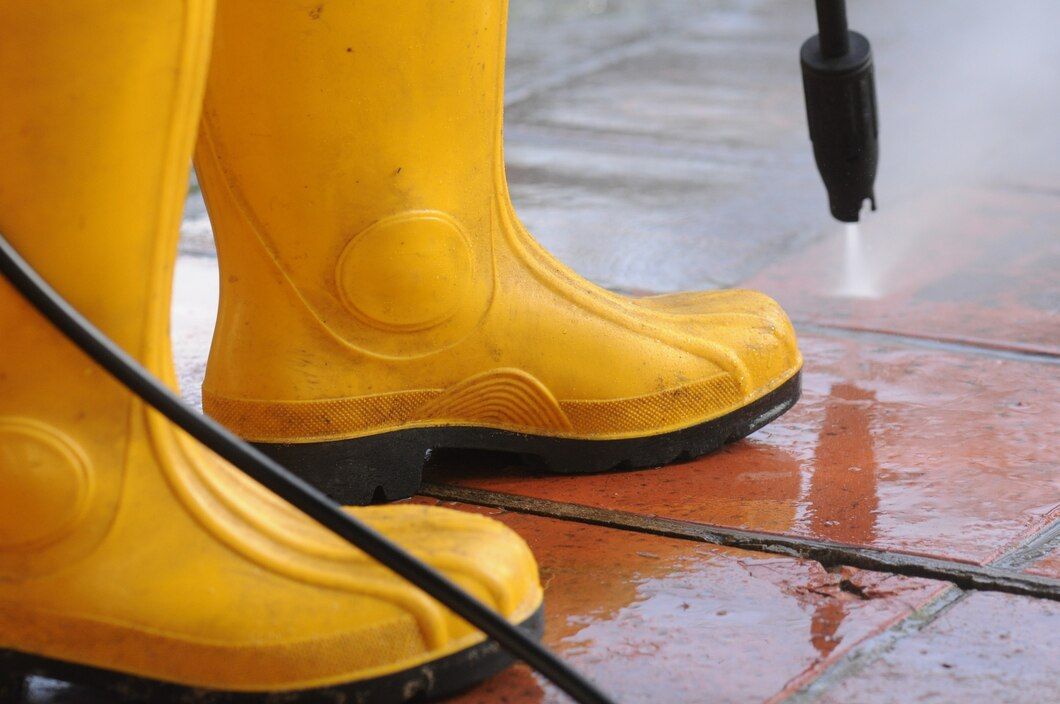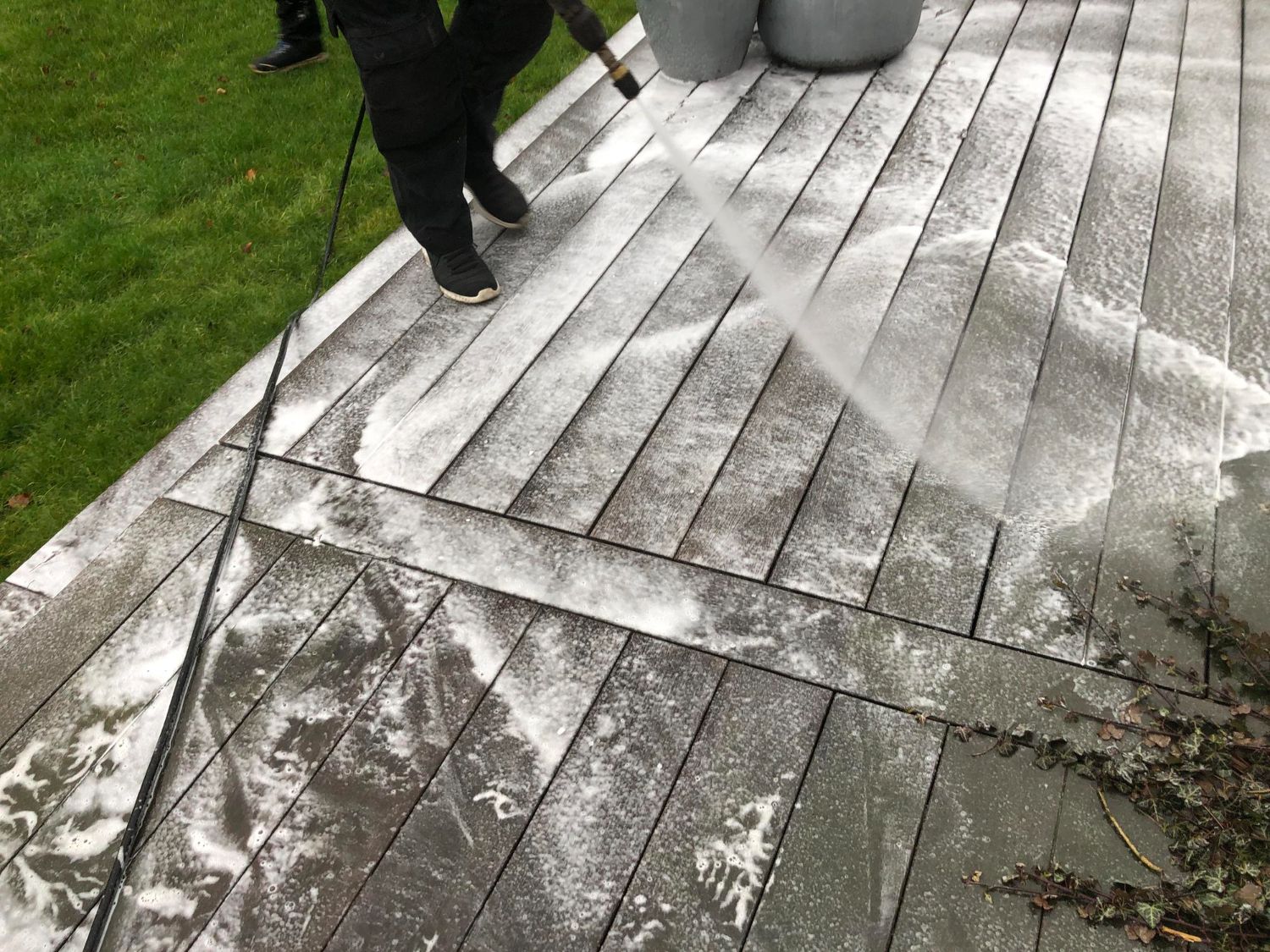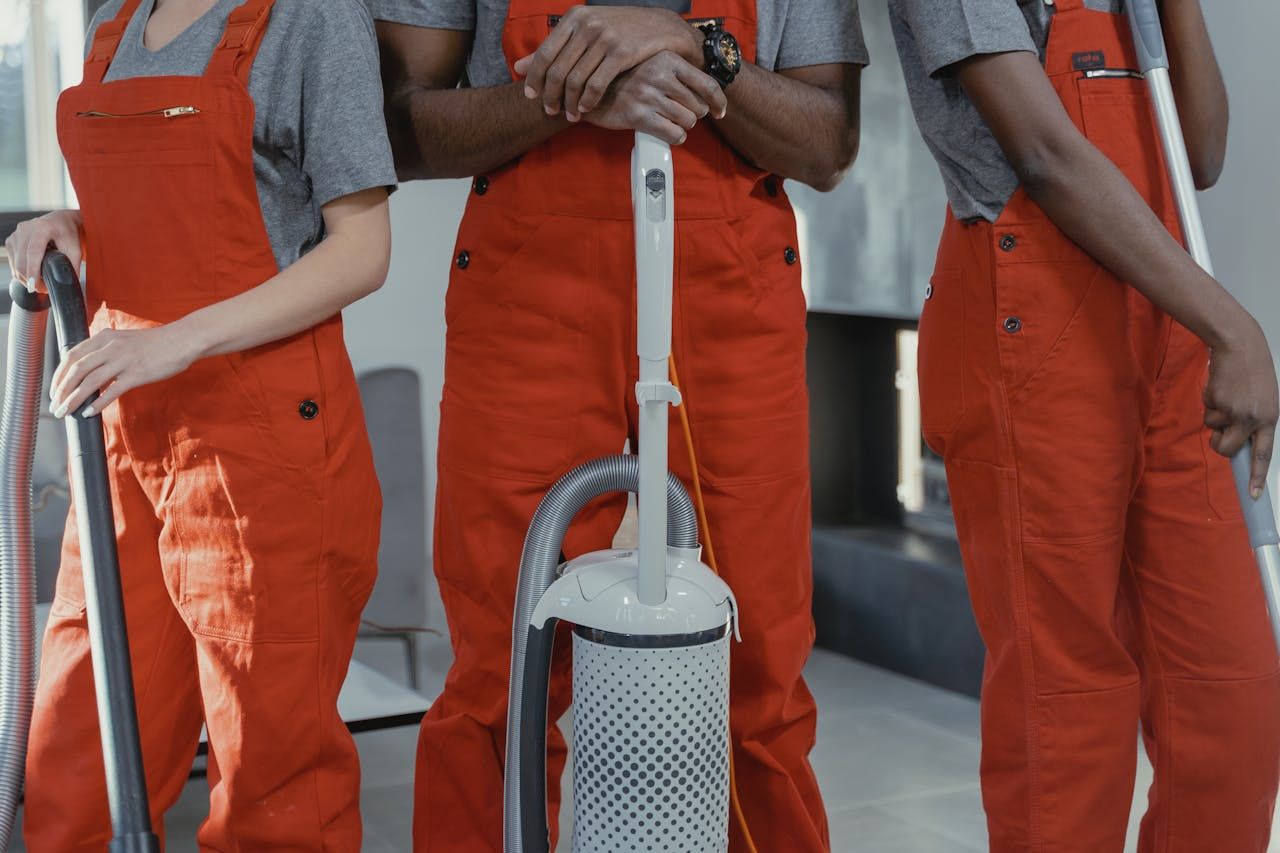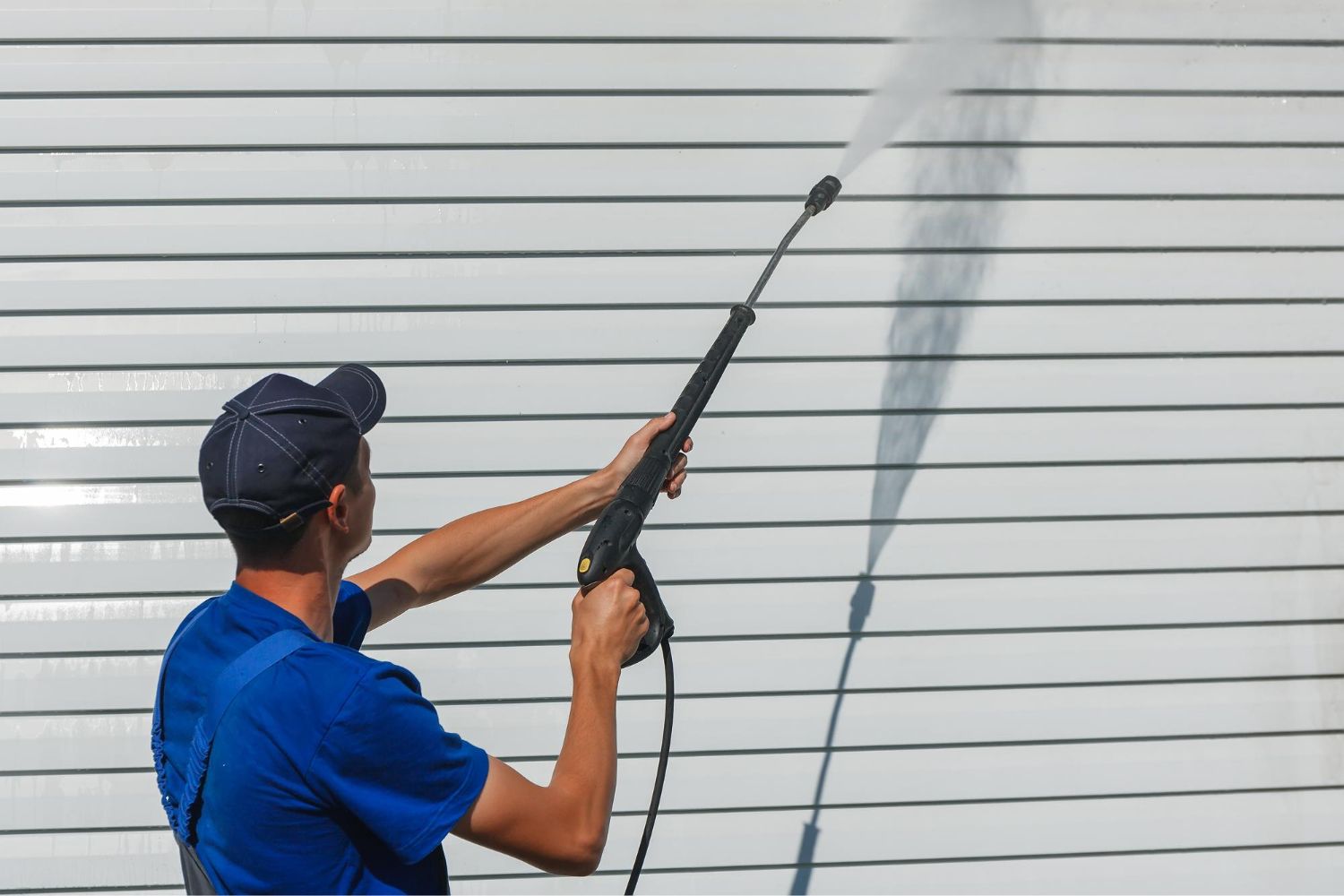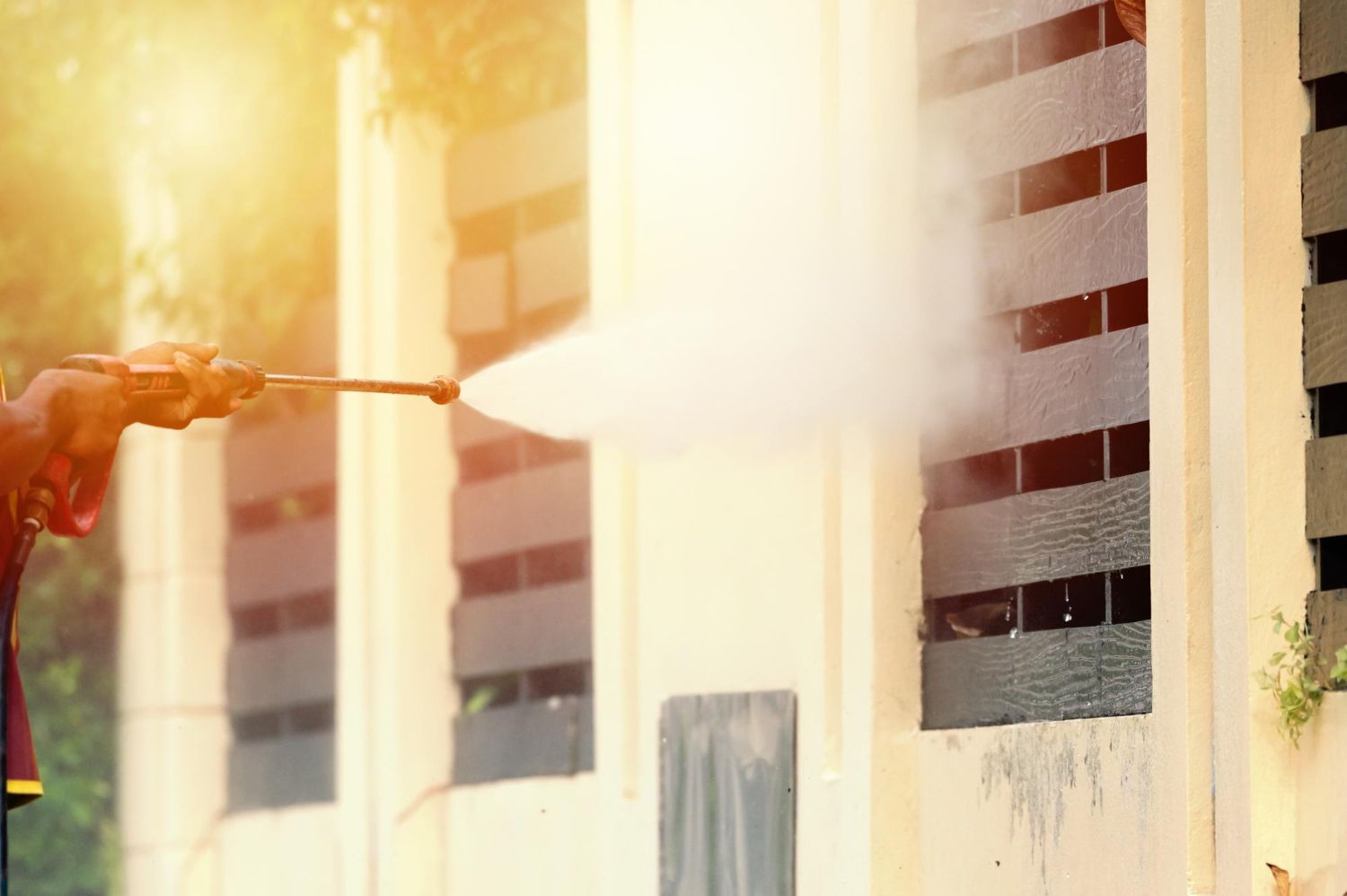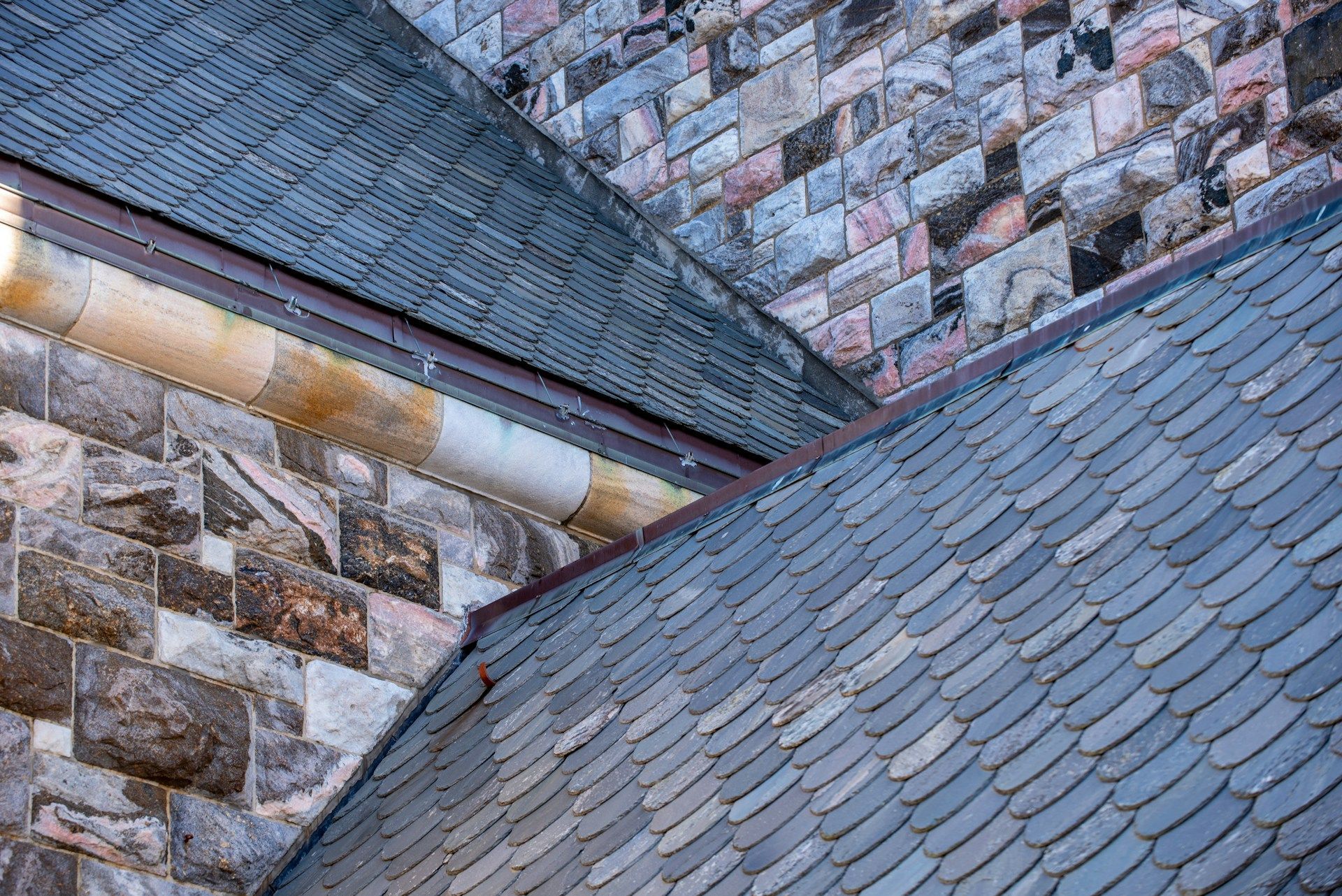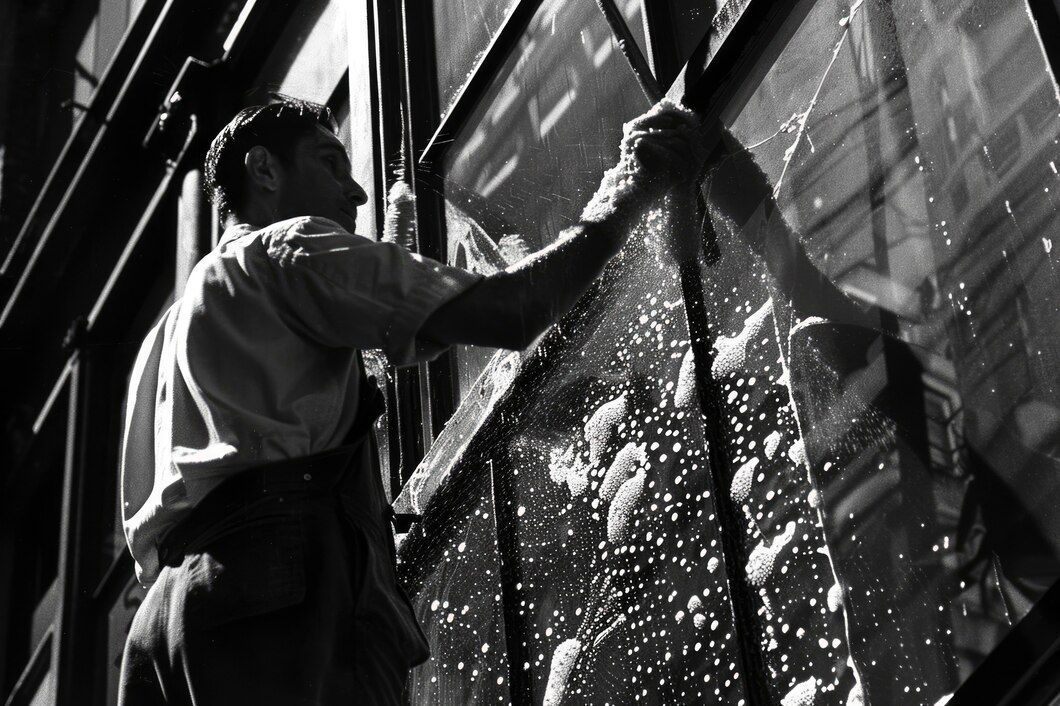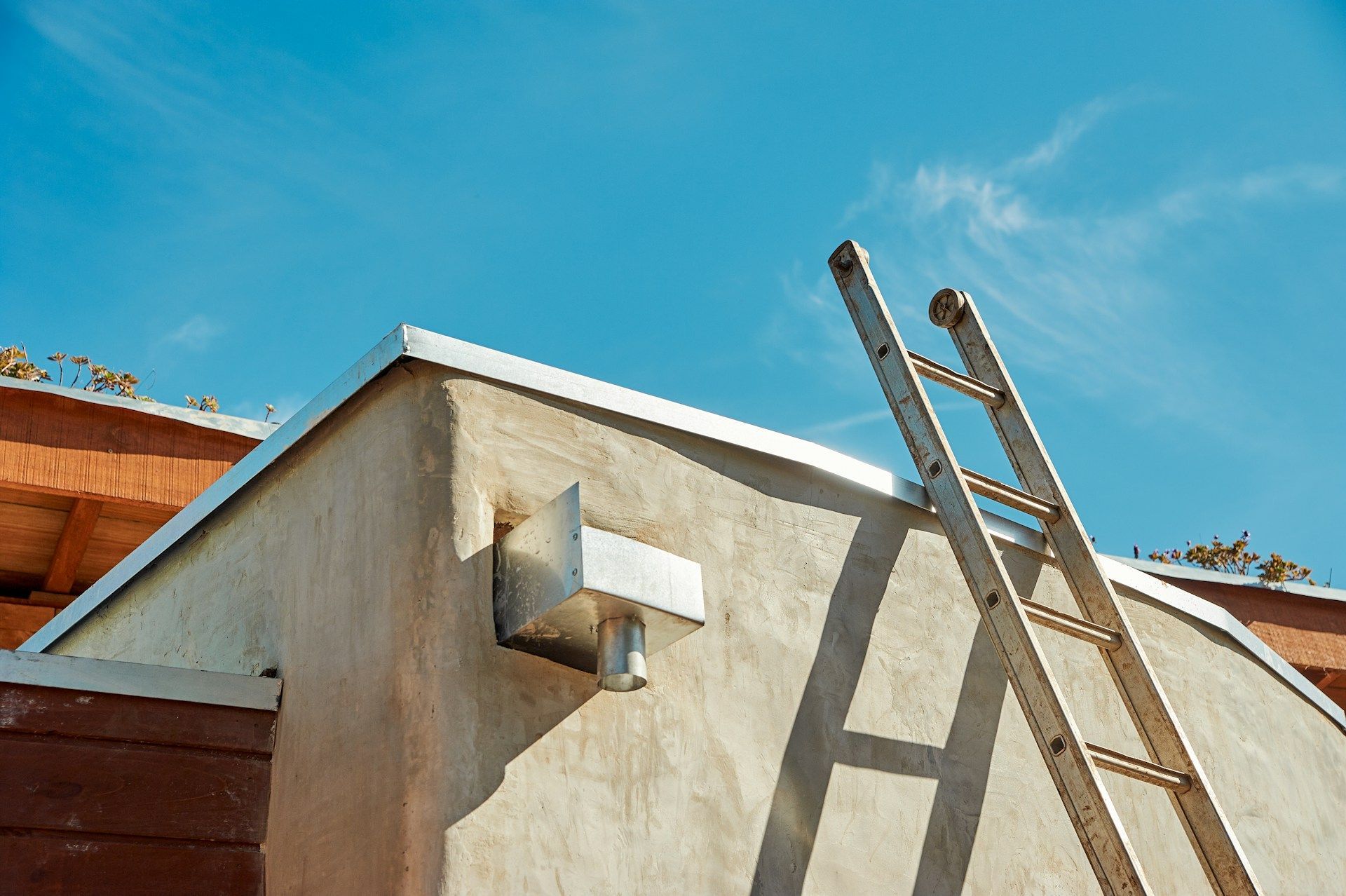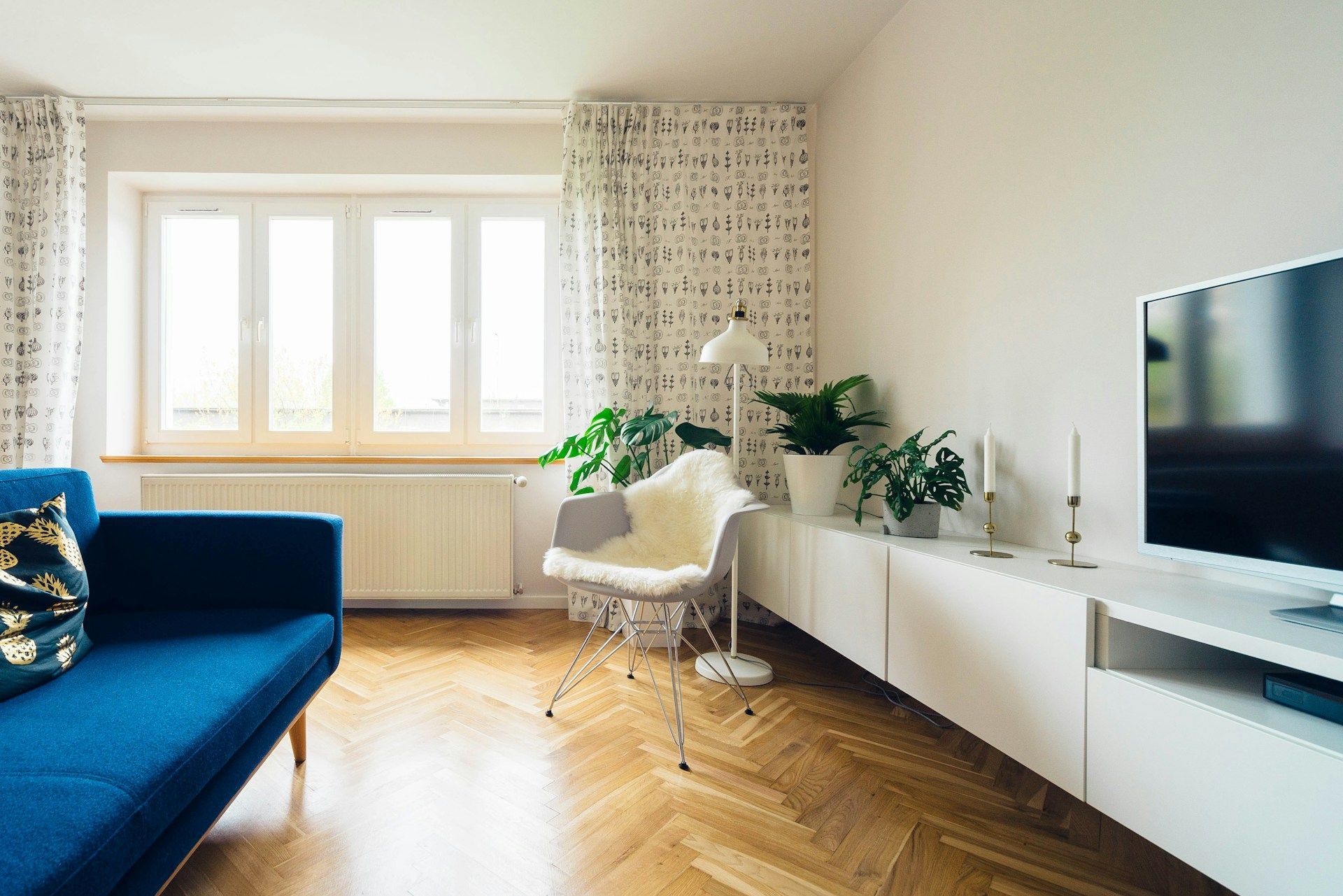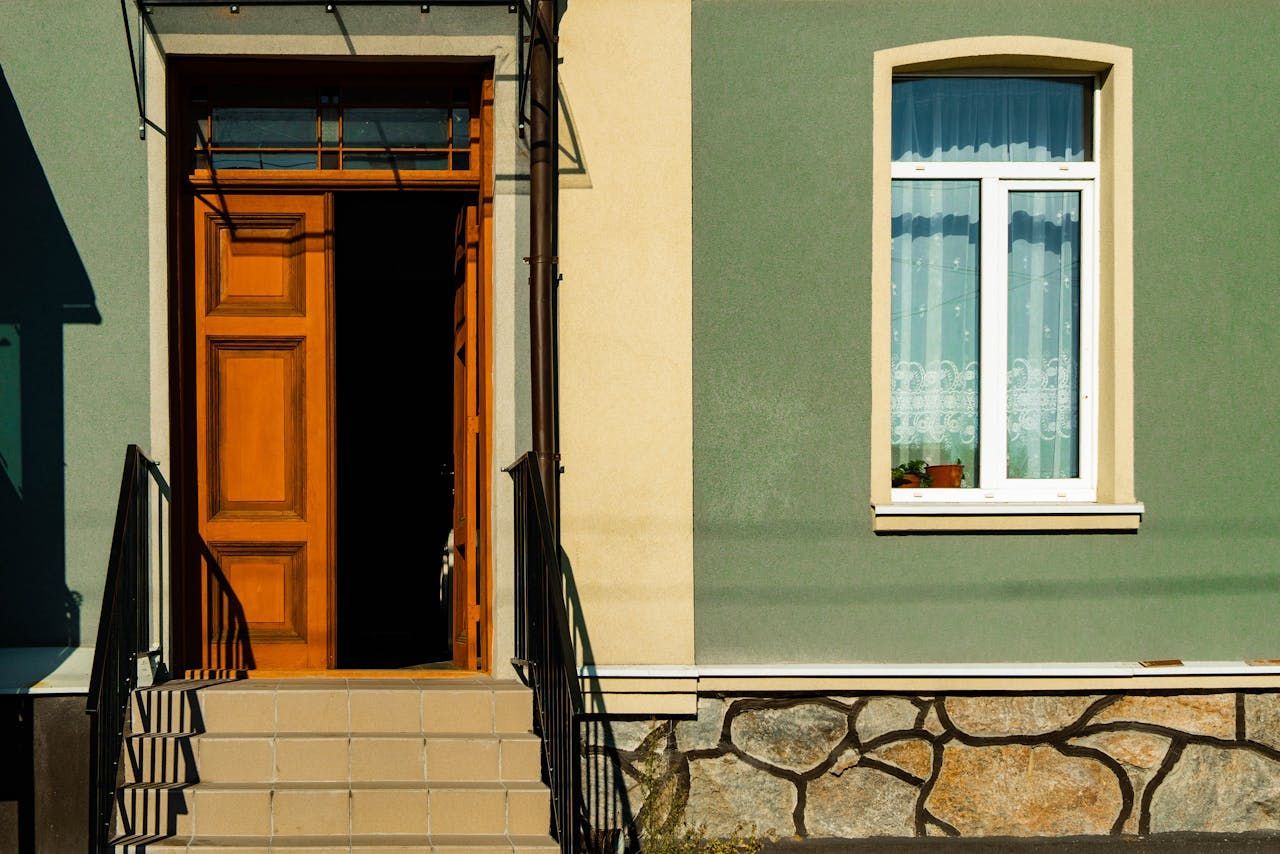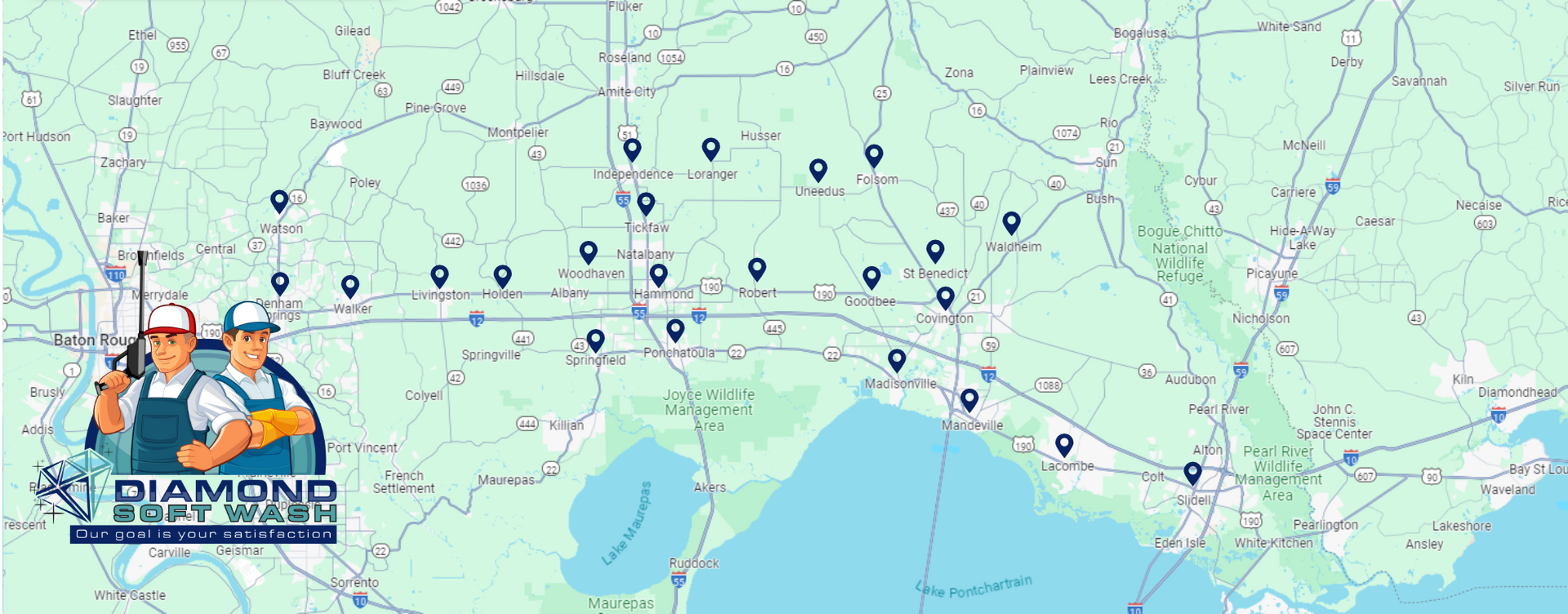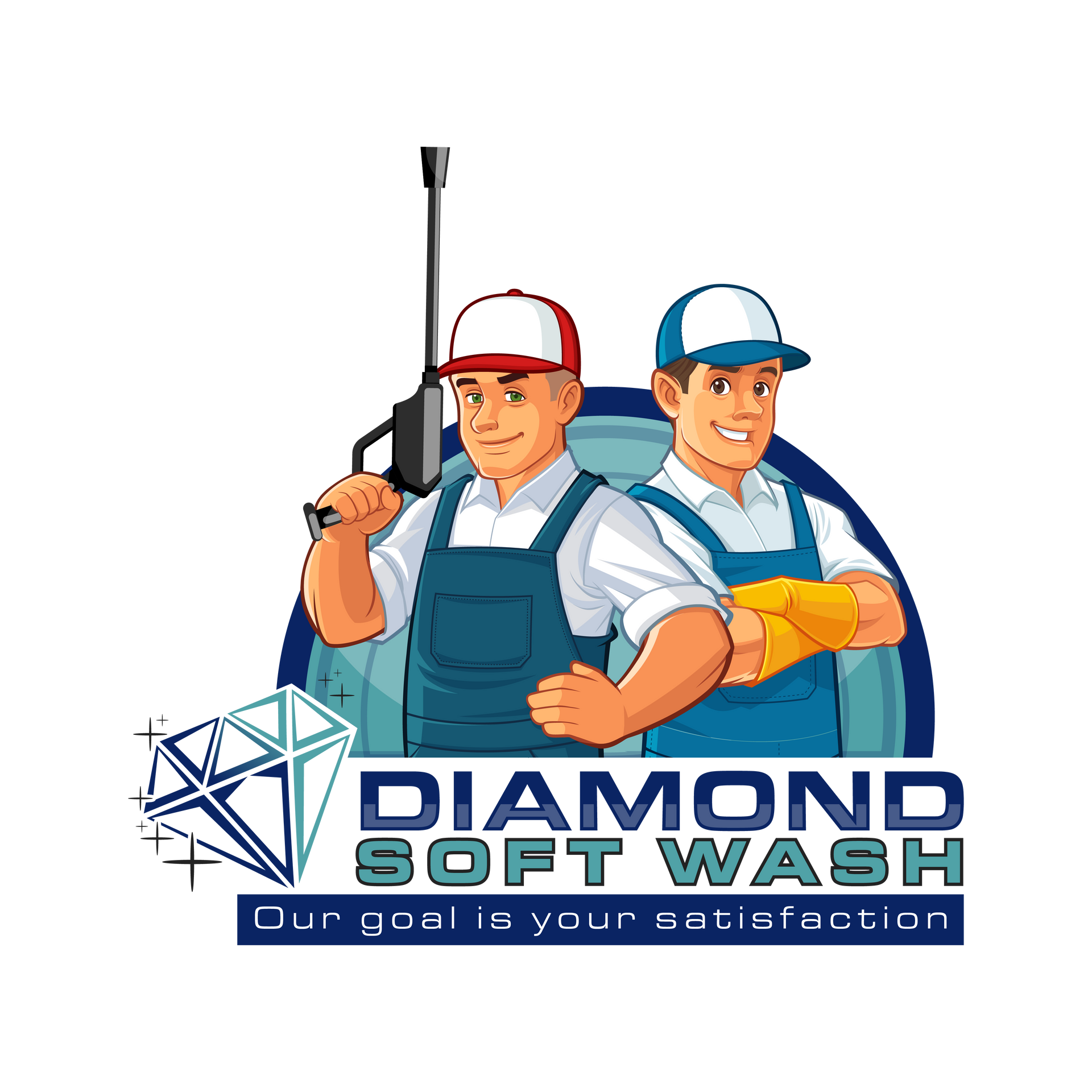
Our Goal Is Your Satisfaction
Prevent Mold and Mildew with Soft Washing
Living in a humid place like Louisiana, mold and mildew growth can be a real problem. These unwelcome fungi thrive in damp conditions, making your home's exterior a perfect target. If left unchecked, mold and mildew can damage your property and even pose health risks to your family.
Luckily, there’s an effective solution: soft washing. Soft washing uses a gentle yet powerful method to clean surfaces, removing dirt, grime, and mildew without causing damage. Unlike traditional pressure washing, which relies on high pressure, soft washing uses special cleaning solutions that kill mold and mildew at the root. This ensures a thorough cleaning while keeping your property safe.
Understanding how soft washing can protect your home is key to keeping mold and mildew at bay. We’ll explore the differences between mold and mildew, explain how soft washing works, and provide some tips on maintaining a clean and mold-free home. Let's dive in and see how regular soft washing can make a big difference in your property’s appearance and health!
Understanding Mold and Mildew: What Are They?
Differences Between Mold and Mildew
Mold and mildew are both types of fungi, but they have distinct characteristics. Mold appears as black, green, or blue patches and has a fuzzy or slimy texture. It's often found on organic materials like wood and drywall. Mildew, on the other hand, usually looks white or gray and has a powdery texture. It typically grows on flat surfaces like windowsills and bathroom tiles.
Though they look different, both mold and mildew can cause similar problems. Mold is more invasive and can damage the structure of your home. Mildew is less harmful but still unsightly and can produce a musty smell. Knowing the differences helps you identify and treat each type effectively.
Growth Conditions and Risks
Mold and mildew thrive in humid conditions, making places like Louisiana ideal for their growth. They need moisture, warmth, and organic material to grow. Common areas where you might find mold and mildew include bathrooms, basements, kitchens, and outdoor spaces like decks and siding.
The risks of mold and mildew are numerous. For one, they can cause respiratory issues, especially in people with allergies or asthma. Mold spores can spread through the air, making it easy for you to inhale them. Prolonged exposure can lead to coughing, wheezing, and even more severe health problems.
Structurally, both mold and mildew can weaken the materials they grow on. Mold can rot wood and drywall, leading to expensive repairs. Mildew might not cause as much damage, but it can make surfaces look dirty and aged. Regular cleaning and maintenance are crucial to prevent these issues.
How Soft Washing Works Against Mold and Mildew
The Soft Washing Process Explained
Soft washing is a cleaning method that uses low pressure and specialized solutions to remove dirt, grime, and fungi from surfaces. Unlike pressure washing, which relies on high pressure to blast away contaminants, soft washing uses a gentler approach. This is especially important for delicate surfaces like siding, roofs, and painted exteriors.
The process starts with applying a blend of water and cleaning agents to the affected areas. These solutions are designed to kill mold, mildew, and algae at their roots, preventing them from growing back quickly. After letting the solution sit for a while, it is rinsed off with low-pressure water. This ensures that the surface is not damaged during the cleaning process.
Benefits of Soft Washing for Mold and Mildew Prevention
Soft washing offers several benefits, particularly for mold and mildew prevention. Here are some key advantages:
1. Effective Cleaning:
The specialized cleaning solutions used in soft washing are designed to target and kill mold and mildew spores. This ensures a thorough clean, removing both the visible fungi and the underlying spores that cause regrowth.
2. Gentle on Surfaces: Soft washing uses low pressure, which means it's safe for various surfaces. Whether it's your roof, siding, or deck, this method won't strip paint or damage materials.
3. Long-Lasting Results: By killing mold and mildew at their roots, soft washing provides longer-lasting results compared to traditional cleaning methods. You won't have to deal with recurring mold and mildew problems as frequently.
4. Health Benefits: Removing mold and mildew from your home can improve indoor air quality, reducing the risk of respiratory issues and allergies. This makes your living environment healthier for you and your family.
Regular soft washing is an excellent way to maintain a clean, mold-free home in humid environments like Louisiana. The process is safe, effective, and offers long-term benefits that make it worth the investment.
Steps to Regular Soft Washing
How Often Should You Soft Wash?
Figuring out how often to soft wash your home depends on several factors, like your local climate and how quickly dirt and mold build up. In humid areas like Louisiana, soft washing at least once a year is recommended. This helps keep mold and mildew under control and maintains your home's appearance.
If your property accumulates dirt and grime faster, you might need to wash more frequently. Watching for signs like dark streaks on your siding or a musty smell can help you decide when it’s time for the next wash. Regular soft washing can prevent mold and mildew from becoming a constant headache.
Best Practices for Effective Soft Washing
For effective soft washing, follow these best practices:
1. Pre-Inspect the Area: Check for any damages or areas that need special attention. Fixing minor issues beforehand can prevent further damage.
2. Use Proper Equipment: Ensure that you're using the right soft washing tools and cleaning solutions. Using the wrong equipment can harm your surfaces.
3. Apply Cleaning Solution Evenly: Make sure the cleaning solution covers all areas evenly. This ensures thorough cleaning and better mold and mildew prevention.
4. Rinse Thoroughly: After letting the solution sit, rinse it off properly with low-pressure water. Leaving residue can attract more dirt and fungi.
5. Safety First: Always wear protective gear like gloves and goggles. Follow the manufacturer’s instructions for the cleaning solutions to avoid any hazards.
Following these steps helps ensure that your soft washing efforts are both safe and effective, keeping your home looking its best.
Long-Term Benefits of Regular Soft Washing
Health Benefits of a Mold-Free Home
Keeping your home free from mold and mildew has huge health benefits. Mold spores can cause respiratory issues, making it hard to breathe. Regular soft washing eliminates these spores, helping to improve your home's air quality.
People with allergies or asthma can suffer greatly from mold exposure. By soft washing regularly, you reduce these allergens, making it a healthier place. This is especially important for young kids and elderly family members who might be more sensitive to mold-related issues.
Extending the Life of Your Property’s Exterior
Regular soft washing also helps extend the life of your home's exterior. Mold, mildew, and grime can wear down surfaces over time. By removing these contaminants, you help preserve materials, whether they are wood, vinyl, or brick.
Cleaning your home on a regular schedule prevents permanent stains and decay. A clean exterior also makes your property look newer and more appealing, which can be a big plus if you ever decide to sell. The small investment of time and money in regular soft washing can save you major repair costs down the road.
Conclusion
Regular soft washing is a simple yet powerful way to keep mold and mildew from taking over your home. Understanding the differences between mold and mildew, knowing how soft washing works, and following best practices can all help maintain a clean and healthy environment. The benefits extend beyond just appearance—regular cleaning keeps your home safer and even saves you money by preventing long-term damage.
Ready to keep your home mold-free and looking great? Contact Diamond Soft Wash today for expert
soft washing services. Let us help you protect your home with our gentle yet effective cleaning solutions. Your home deserves the best care, and Diamond Soft Wash is here to provide it!
READY TO RESTORE YOUR HOMES APPEAL?
CALL DIAMOND SOFT WASH TODAY
READY TO RESTORE YOUR HOMES APPEAL?
CALL DIAMOND SOFT WASH TODAY
All Rights Reserved | Diamond Soft Wash

